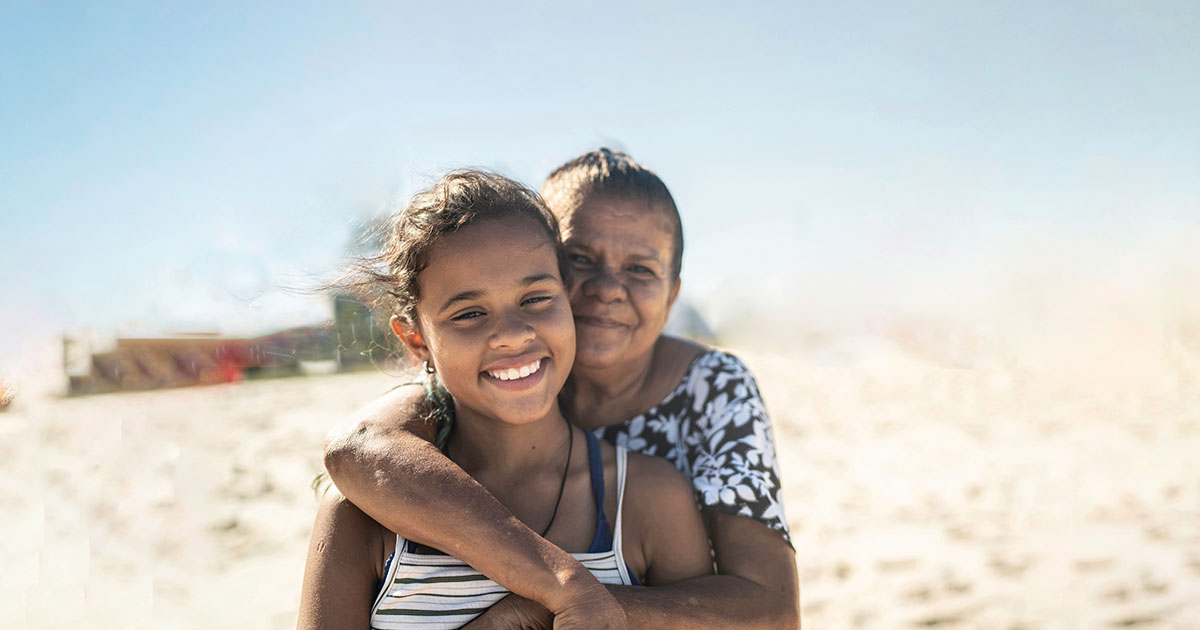Beyond supply
- Details
As seen in Parity Magazine
The new National Housing and Homelessness Agreement (NHHA) provides an opportunity to change the trajectory of homelessness in Australia. With the right settings we could see the number of people experiencing homelessness drastically fall in the future rather than continue to rise as is the current prediction.
At the moment the voices of those with lived experience of homelessness and rental stress, and of the organisations who seek to serve them, are missing from these vital negotiations. We have hard-earned knowledge, not only about the real and dire problems, but also of the lasting solutions that could be embedded in these agreements and our views must be brought to the table.
Supply of social and affordable housing, or the lack thereof, is a major barrier to reducing homelessness in Australia. We have proffered a way to overcome this barrier in an earlier article in this edition. But like all economic problems, there is both a supply and a demand side to the housing and homelessness equation.
There are many factors influencing people’s ability to find, pay for and maintain housing that are impacted by both social and economic circumstances. At Mission Australia we work hard to prevent homelessness before it occurs. This includes through supporting journeys to recovery for people experiencing mental illness; providing rehabilitation and supports for those facing addiction; and working towards family reconciliation for young people where possible.
State governments could also do much more to reduce demand for homelessness services by committing to zero exits into homelessness from hospitals, mental health institutions, out of home care and criminal detention.
Preventing homelessness and ensuring sustainable exits from homelessness is also about ensuring that people have the capacity to pay their rent. While affordable housing supply is crucial, if we ever expect people to compete in the rental market, or even to be able to pay their bills while living in subsidised housing, we urgently need to reform social security.
The inadequacy of social security payments has been well critiqued, particularly the very low payment levels for Youth Allowance and Newstart at just $436 and $535.60 per fortnight respectively. We have a highly targeted social security system and yet the payment rates for people needing support fall well below the poverty line.
Market-based rents are completely out of step with people’s capacity to pay when they are surviving on income support. With median rent now at $415 per fortnight, while the maximum Commonwealth Rent Assistance (CRA) payment for a single person is $132.20, out-of-pocket housing expenses swallow most of the income received by people being supported by social security payments.
Although CRA is indexed to the Consumer Price Index (CPI), rental costs have been increasing faster than CPI, which means that payments are losing real value for individuals over time. Nationally, in June 2015, 68.5 per cent of CRA recipients would have paid more than 30 per cent of their gross income on rent if CRA were not provided. However, even with CRA, 41.2 per cent of recipients still spent more than 30 per cent of their income on rent.
We have been calling for a review of income support payments including Newstart, Youth Allowance and Commonwealth Rent Assistance for years, to ensure that those receiving support have an adequate income to keep a roof over their head. Instead we have seen proposals - including the suite of changes to the welfare system currently being debated - that attempt to reduce payments and cut support.
Not only are people facing challenges paying their rent, but the rising cost of living including the cost of energy, transport and food means people on low-incomes are often forced to make unacceptable choices - between having the heater on and eating fresh vegetables - or are simply left unable to pay their rent and at a high risk of homelessness.
Yes we need to increase the supply of social and affordable housing, but we also need to lift our income support payments above the poverty line to ensure that people can afford the rent. We need to think beyond bricks and mortar and across government silos. Policy positions must address both sides of the equation if they are to have a meaningful impact in reducing the unacceptable number of people in our community pushed into homelessness.

Catherine Yeomans
CEO Mission Australia
@cathyeomans
Related media releases
Read about what we’ve been working on, our stance on important social issues and how you make a difference to vulnerable Australians' lives.



